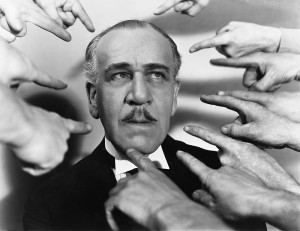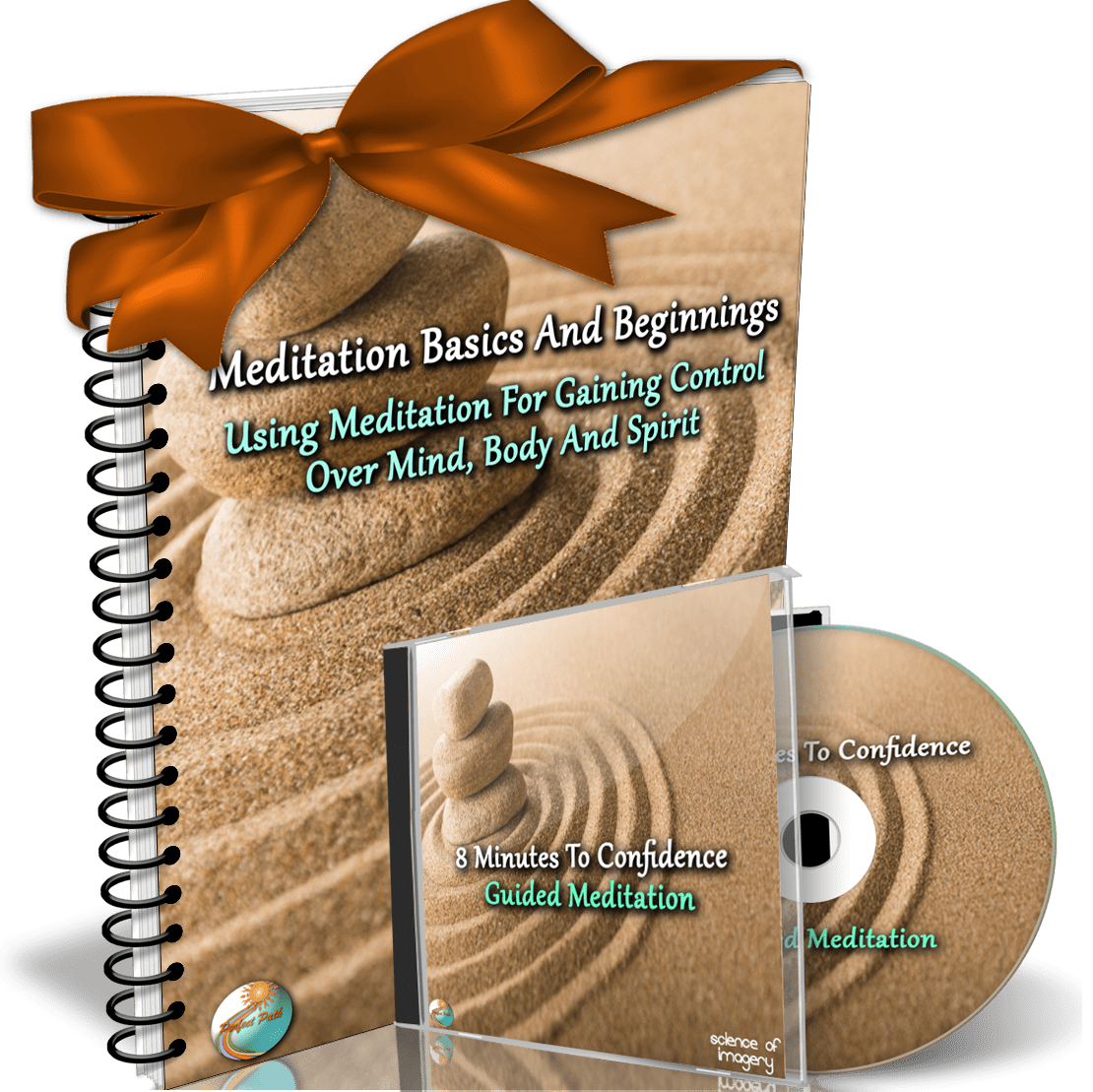 Nowadays, criticism has such a negative connotation that most people automatically react poorly to even just the term itself, without even thinking about its benefits. People think that the phrase “constructive criticism” is just something people made up so they could put a positive swing on bashing your work. What happened to turn such a positive form of communication into a hated and feared concept?
Nowadays, criticism has such a negative connotation that most people automatically react poorly to even just the term itself, without even thinking about its benefits. People think that the phrase “constructive criticism” is just something people made up so they could put a positive swing on bashing your work. What happened to turn such a positive form of communication into a hated and feared concept?
Perhaps our upbringing has tainted our idea of criticism. Could it be that people took this term and used it to justify their judgments on your life’s choices? Perhaps you heard one too many times that they were just giving you “constructive criticism” and you shouldn’t take it so personally. Perhaps in school you weren’t the strongest in one subject and the teacher made fun of you and called it criticism.
But criticism really should be one of the best forms of helping others succeed. Criticism is meant to come from experts in the field. It is meant to be positive, despite what it has become over the years. And although for many, it feels like a personal attack, maybe there can be a way for us to see how it is a learning experience for not only the person being critiqued, but for the critics themselves.
For the person being critiqued, it is a way to grow in their field. There is so much to learn from someone who is experienced in your profession. Everyone has experiences in life and in the business realm, and criticism is a great way to share those experiences with others. If you’re a writer, you will become a better writer through criticism. If you’re an artist, you will become a better artist through criticism. Someone will open your eyes to another perspective and your work will evolve into the best work you’ve ever done.
And criticism benefits the critic just as much as the person being criticized. The critic is learning, at the same time, a new perspective. They are learning the perspective of the writer or the artist, and they can, in turn, use that perspective to help them develop their own work.
A true critic is meant to first put themselves in the shoes of the artist. Next, they should look at the work from the public’s view. Then they should look at the work from their own view, from their own experience in the field. Think about it. If you are getting advice from someone who just looked at your work from three different angles, that’s three different angles than your own. Think about how much you could learn, and think about how much that would help you grow as an artist or a writer. The possibilities are endless!



01/06/2017
Just the right words at the right time!
01/16/2017
Hello,
I’m glad this post was able to reach you at the right time. Thank you for your positive feedback!
Have a wonderful day…
-Sterling
03/22/2017
Just what we do at Toastmasters when evaluating a speech – constructive criticism. The goal is to help the speaker to do a better job the next time. Sometimes it is difficult to find anything to improve upon if the speaker is very talented, but it is necessary to help them grow.
03/27/2017
Hi Fran,
I’m glad to hear that you offer people constructive criticism. When coming from good intentions and worded in a positive way, criticism can help people grow, learn, and become more skilled. The trick is to keep it constructive!
-Sterling